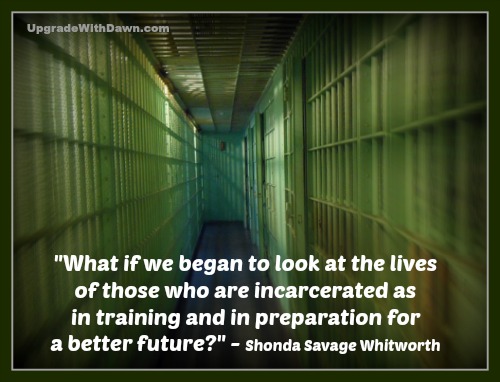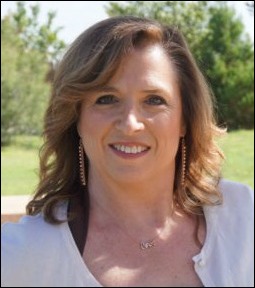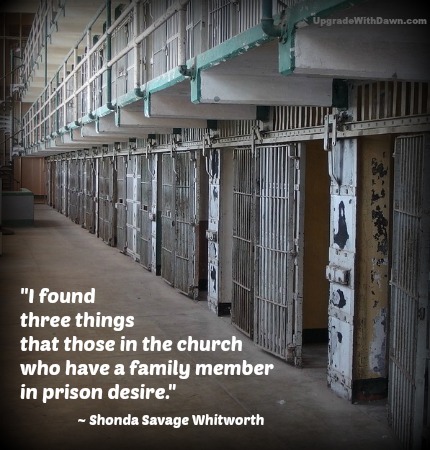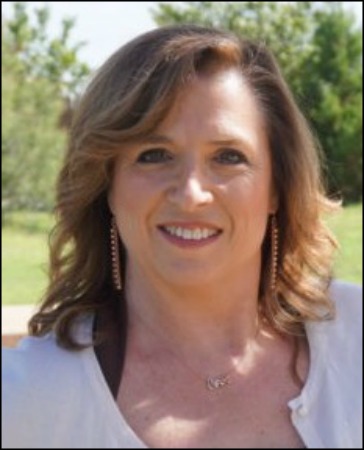The Silent Sufferers Among You
I met Shonda Savage Whitworth years ago. I had no idea what she was dealing with—but God has taught me much, seeing through her eyes. In this Ministry UPGRADE, she invites us to consider how we might minister to those a particular group of people who suffer in silence—prisoners' families.
might minister to those a particular group of people who suffer in silence—prisoners' families.
“What do you imagine a family member of a prisoner looks like?” Shonda says, “She may be the person sitting next to you in church, working in your office, or ringing up your purchase.”
This is so true. I (Dawn) have friends and acquaintances whose loved ones are incarcerated, and the struggle in their lives is heartbreaking. I'm so glad Shonda is speaking up about this!
Shonda continues . . .
We do not easily identify prisoners’ families as they place themselves in the protective custody of their self-imposed emotional prison.
Yet, with approximately 2.3 million prisoners in the US, there are at least 4.6 million people who have a loved one in the penal system. Most likely more.
If prison families disclose that part of their lives, they risk being ostracized, so they choose to suffer in silence among us.
However, should you meet a prison family member who is a silent sufferer, here are three things you can do to upgrade their lives.
1. Commit to Pray.
For the family member of a prisoner, it is like becoming a missionary in a foreign land.
Families must adapt to new rules and learn new lingo for effective communication. Just as missionaries need prayer covering, so do the families of prisoners. I am grateful for the prayer warriors who pray for us.
“Pray at all times in the Spirit with every prayer and request, and stay alert in this with all perseverance and intercession for all the saints” (Ephesians 6:18, HCSB).
Intercession means to pray on the behalf of others.
I imagine a day where the church shares the prayer needs of “all the saints” affected by incarceration as commonly as they share the prayer needs of the infirmed.
Join others around the world in praying for prisoners, the prisoner’s families, the victims of crimes, and those who work in the criminal justice system by participating in:
Prison Week: A Week of Prayer — October 14-20.
2. Remember the Prisoner.
After my son’s conviction, I was told to forget about him and let him rot in jail.
I’ve met wives of prisoners who were told they should divorce their husband and move on. Sadly, that advice contradicts the Word of God.
“Remember the prisoners, as though you were in prison with them…” (Hebrews 13:3, HCSB).
It is important for families of prisoners, who are not victims of the prisoner’s crime, to stay connected with their incarcerated loved one. The visitations, phone calls, and letters make a significant difference to the inmate.
Staying connected becomes more difficult for families of prisoners who have lengthy sentences as time and distance takes its toll on them.
Extended family, friends, and church members can help the family by sending the inmate cards, books, and magazine subscriptions. This is especially meaningful during the holidays.
This small act of kindness shows them they are remembered.
3. Be Alert to Ways to Bless.
We took out two loans to pay for our son’s legal fees, which maxed out our monthly budget with no room for emergency expenses.
One weekend we traveled five hours each way to visit with our son. On our way home, we stopped for a break and my husband noticed a knot on a tire. While putting on the spare, he noticed the other three tires were practically bald. We traveled the remaining 120 miles home protected by the grace of God.
I shared with friends the testimony of God’s goodness to see us home safely without mentioning the unexpected financial need. A few days later a check arrived in the mail to cover the cost of new tires.
My friend’s alertness to the need and her gift blessed me significantly.
As parents of an inmate, we face on-going financial challenges. However, the financial burden is even greater for a spouse with children. For many of them, their two-income family suddenly became one and it stretches the checkbook just to meet the basic needs of life—shelter, food, and clothing.
Allow the Lord to prompt you when to help a family experiencing a financial burden due to a loved one’s incarceration.
“Share with the saints in their needs; pursue hospitality” (Romans 12:13, HCSB).
As the Christmas season approaches, one way to help the children of prisoners is to participate in Prison Fellowship’s Angel Tree program. This is an opportunity to give a gift and to share the gospel with children of the incarcerated in your local area.
You can upgrade the lives of prison families, who are the silent sufferers among you, by committing to pray for them, remembering the prisoner, and being alert to ways you can bless them.
Which of these three points might you be able to act on this week?
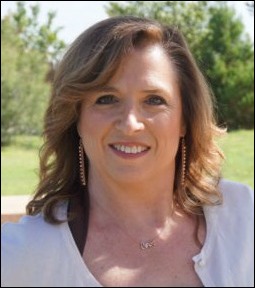 Shonda Savage Whitworth is the founder and president of Fortress of Hope Ministries, Inc., offering hope to those whose lives have been impacted by incarceration. Shonda connects with others through her personal experiences and testimony of God’s faithfulness in her life. You can read more stories about Shonda’s unexpected prison family journey on her blog.
Shonda Savage Whitworth is the founder and president of Fortress of Hope Ministries, Inc., offering hope to those whose lives have been impacted by incarceration. Shonda connects with others through her personal experiences and testimony of God’s faithfulness in her life. You can read more stories about Shonda’s unexpected prison family journey on her blog.
Graphic adapted, courtesy of Hanna Postova at Unsplash.
 Post a Comment → Posted on
Post a Comment → Posted on  Tuesday, October 9, 2018 at 7:53AM
Tuesday, October 9, 2018 at 7:53AM 




